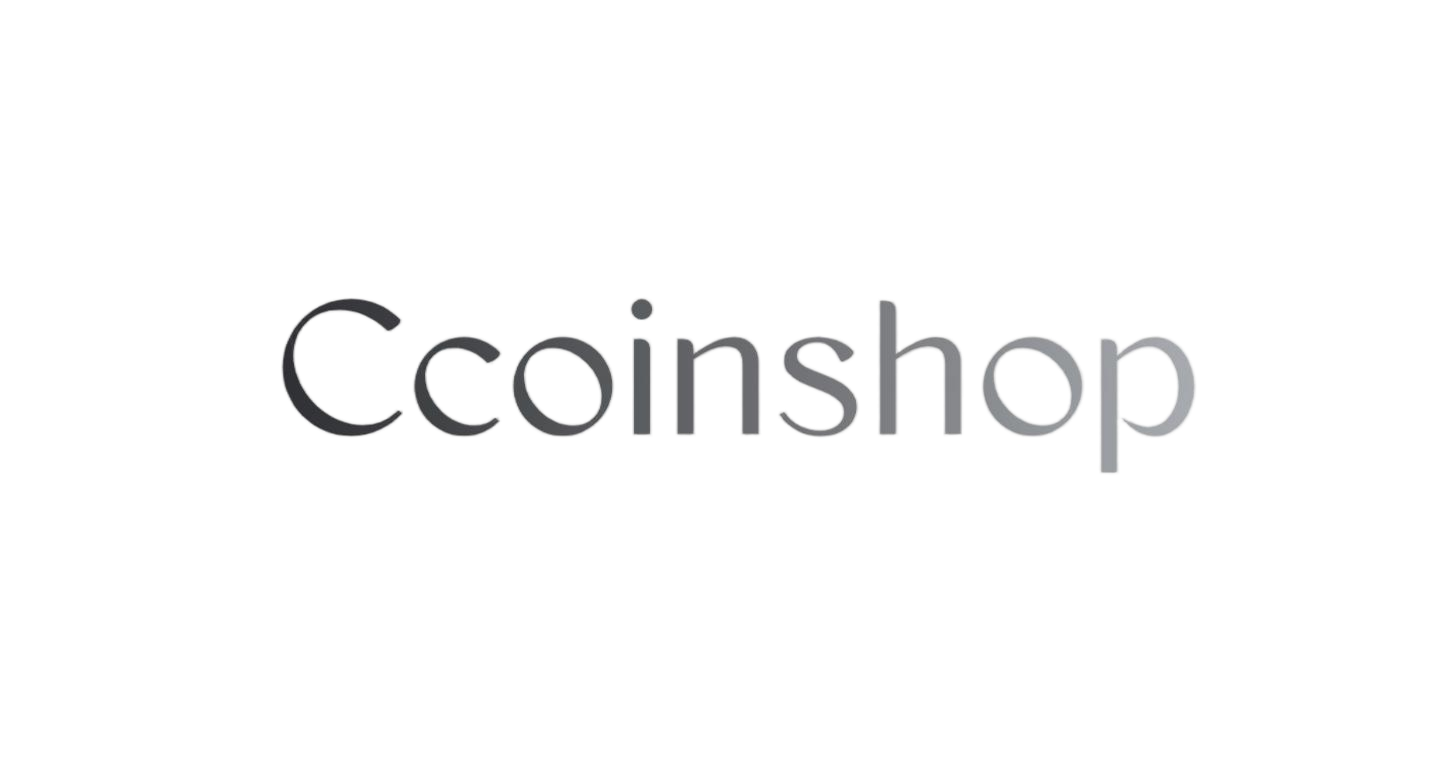Introduction
In recent years, the realm of cryptocurrency has witnessed a phenomenal transformation. As of 2023, the total market cap of cryptocurrencies has skyrocketed to over $2 trillion, indicating that the industry is here to stay. One of the most notable developments is the rise of peer-to-peer (P2P) trading in Vietnam, where more users are looking for decentralized platforms to exchange assets without intermediaries. This trend is expected to grow, given the Vietnamese population is expected to hit 100 million by 2025, creating a massive market for crypto adoption.
Understanding P2P Trading
P2P trading enables users to buy and sell cryptocurrencies directly with one another. Here’s how it differs from traditional exchanges:
- Decentralization: No central authority is involved.
- Security: Transactions occur on a blockchain, enhancing security and transparency.
- Accessibility: Users can engage in trading via their smartphones without the need for a traditional bank account.
With the increasing internet penetration rate in Vietnam, currently at 68%, more people are becoming comfortable with tech-driven financial solutions.

The Appeal of P2P Trading for Vietnamese Users
P2P cryptocurrency trading holds significant appeal in Vietnam for several reasons:
- Lower Fees: Traditional exchanges often charge high transaction fees, while P2P trading typically minimizes these costs.
- Anonymity: Some users prefer P2P trading to maintain their privacy better than on centralized exchanges.
- Local Currency Support: P2P platforms often support transactions in Vietnamese Dong (VND), making it easier for locals.
In fact, some studies show that the P2P trading volume in Vietnam has surged by more than 300% in the last year alone. This surge is largely attributed to younger users seeking alternative financial solutions.
Trends Driving P2P Adoption in Vietnam
Several factors contribute to the burgeoning interest in P2P trading in Vietnam:
1. Cryptocurrency as an Investment Vehicle
Despite regulatory uncertainties, Vietnamese investors are eager to explore cryptocurrency as an alternative asset. P2P trading provides a convenient and accessible means to enter the crypto market.
2. The Rise of Decentralized Finance (DeFi)
The DeFi movement has inspired many to consider the potential of blockchain technology. P2P trading aligns well with the principles of DeFi, appealing to those who advocate for a decentralized financial ecosystem.
3. Enhanced Security Measures
With the advent of stronger encryption methods and smart contracts, P2P platforms are now more secure than ever. For instance, features like escrow services ensure that transactions are executed safely.
4. Community Engagement
P2P trading fosters a sense of community, as users engage directly with one another. Forums and social media platforms in Vietnam encourage discussions on trading strategies, making the ecosystem feel collaborative and welcoming.
Challenges Facing P2P Platforms in Vietnam
Despite its growing popularity, the P2P trading landscape in Vietnam does have its challenges:
Regulatory Uncertainty
The lack of clear regulatory frameworks can create roadblocks for users and platforms alike. For instance, the lack of legal clarity on cryptocurrency usage often deters new investors.
Risk of Scams
Like any emerging market, P2P trading comes with its share of risks, including scams. Users must exercise caution and carry out due diligence before engaging in trades.
Market Volatility
Cryptocurrency markets are known for their volatility. P2P traders must be prepared for significant price swings, which can impact their trading strategies and profit margins.
Optimizing P2P Trading Experience
To enhance the P2P trading experience in Vietnam, users can consider the following strategies:
1. Education and Awareness
Understanding the market and the mechanics of P2P trading are crucial. Resources are available on platforms like HIBT to help users familiarize themselves with trading best practices.
2. Utilize Safe Platforms
Choosing reputable P2P platforms is essential for minimizing risks. Opt for platforms that have strong safety measures in place, such as escrow services and user verification.
3. Crafting a Clear Strategy
Having a well-defined trading strategy can mitigate risks associated with market volatility. This includes setting limits on how much to invest and when to exit trades.
Conclusion
The rise of HIBT Vietnam peer-to-peer trading represents a significant shift in how Vietnamese users interact with cryptocurrency. As the market matures and more individuals begin to explore decentralized finance, we anticipate substantial growth in P2P trading. By understanding local trends and challenges, Vietnamese users can tap into opportunities that this innovative trading model offers. Overall, embracing P2P trading could revolutionize the financial landscape in Vietnam.
For more insights on cryptocurrency trading in Vietnam, visit ccoinshop—your trusted source in the crypto world.





